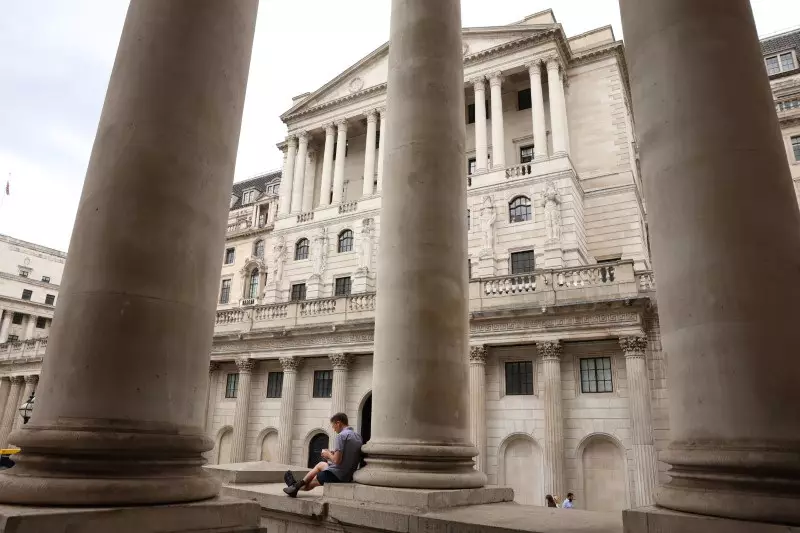The Bank of England has recently welcomed Alan Taylor, a distinguished economics professor, to its Monetary Policy Committee (MPC). Appointed by the UK finance ministry, Taylor’s impressive credentials span both academia and the financial sector, positioning him as a noteworthy addition to the committee. Currently a professor at Columbia University, Taylor’s experience extends beyond academia; he has also held significant advisory roles at prominent financial institutions such as Morgan Stanley, PIMCO, and McKinsey & Company. His appointment, effective September 2, follows the tenure of Jonathan Haskel, who served the maximum allowable term for an external MPC member.
Taylor steps into a crucial role, succeeding Haskel, who was noted for his hawkish stance within the MPC. Haskel’s recent voting behavior, favoring the retention of interest rates at 5.25% despite economic pressure, reflects a cautious approach to monetary easing amid fluctuating inflation rates. As the MPC grapples with the challenges of balancing economic growth and inflation control, Taylor’s perspective could shape future discussions on monetary policy.
The inflation landscape in the UK has been tumultuous, with rates soaring to an alarming 11.1% in October 2022 before returning to the official target of 2% by May 2023. However, a recent uptick to 2.2% in July sparked concerns among policymakers about potential future increases, with forecasts suggesting a rise near 2.75% by year’s end. As the new member of the MPC, Taylor’s analytical prowess and experience with historical economic trends, particularly his research on credit booms and foreign exchange markets, equip him to tackle these pressing economic issues effectively.
Taylor’s academic journey has been marked by significant contributions to the field of economics, particularly his exploration of Argentina’s economic history and the intricate relationship between monetary policy and financial stability. His scholarly work dives into the complexities of the “trilemma” and the fundamental challenges of achieving fixed exchange rates, open capital markets, and independent monetary policy simultaneously. These insights are particularly pertinent as the UK navigates post-pandemic economic recovery, and they may inform the committee’s strategic thinking.
As Taylor embarks on this new role, he will confront myriad challenges and opportunities. The interplay between persistent inflation, rising interest rates, and global economic dynamics will require innovative approaches to monetary policy. With his dual experience in academia and the financial world, Taylor is poised to make substantive contributions to the MPC’s deliberations. His tenure could herald a shift in policy recommendations aimed at fostering a stable economic environment conducive to growth.
Alan Taylor’s appointment to the Bank of England’s Monetary Policy Committee represents a significant moment for Britain’s economic leadership. His blend of academic insight and practical experience promises to enrich the ongoing discussions around monetary policy and its implications for the wider economy. As the UK works to stabilize its economic landscape, Taylor’s contributions will undoubtedly play a pivotal role in shaping future monetary strategies.

